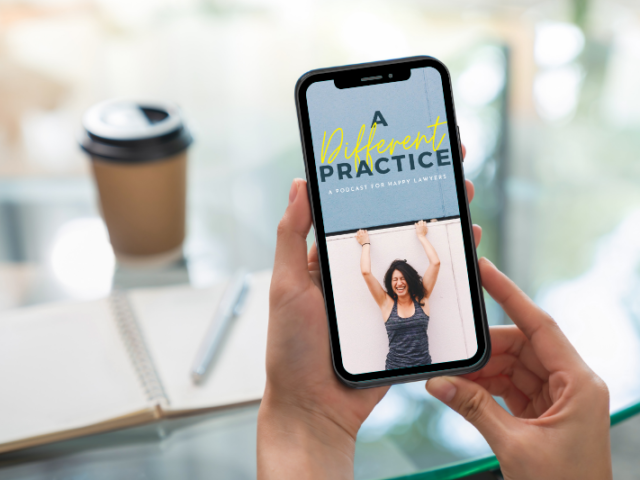A few months ago, I was asked by my alma mater to speak on an alternative careers panel for a professional development class. While I was honored to receive the invite and excited by the opportunity to share how much I love my job with first year law students, something wasn’t sitting right with me.
I attended many “alternative career” panels earlier in my legal career because I sensed very early on that my skill set and interests were better suited for a position that was at least one step removed from the traditional practice of law. I aspired to build an “alternative career” through which I could combine these skills with my passion for helping others to make a positive impact in my community. As I moved along in my career, I was both excited and shocked to learn that many other lawyers aspired to do the same; They too desired to make a positive impact in their community by building an “alternative career.” And this got me thinking . . . If I personally know a significant number of lawyers who don’t (or don’t want to) practice law in the traditional sense, are legal careers involving something other than the practice of law truly alternative anymore?
You may be asking yourself – who cares? You wouldn’t be alone. But the answer is – I do! And I think you should consider caring too. Here’s why . . . When you describe a path as “alternative” from the get-go, you risk planting the seed in a law student’s mind that certain careers are outside of the norm and viewed differently, maybe even negatively, or at best less favorably than traditional career paths. That’s not a great way to welcome an aspiring legal entrepreneur, advocacy director, court administrator or project manager (just to name a few “alternative” roles/careers) to the profession. And we need these people!
And while we’re at it, can we also stop using the labels “JD Advantage” and “Non-Traditional?” I think Ryann Peyton, the Executive Director of the Colorado Attorney Mentoring Program, put it best. “These labels are the scarlet letter for the legal profession and just continue to perpetuate the fallacy there is a right and wrong way to utilize your skills and expertise once you graduate from law school.”
What if instead of using meaningless and potentially harmful labels to describe jobs and careers, law schools and others using these labels drop them entirely and treat all uses of a legal degree equally? And what if law schools also redesigned their curricula to reflect and prepare law students for the current legal landscape, including the broad spectrum of careers that will be increasingly available to them upon graduation. For example, what if law schools offered classes on topics such as court administration, project management, and entrepreneurship?
Circling back to where we started . . . I love the idea of exposing law students to the full spectrum of opportunities through which they can use their legal degrees. And I hope to have the opportunity to speak on such a panel again in the future. But to be clear, I have no interest in speaking on another “alternative careers” panel. I’d be very interested in speaking on a “legal career” panel, however. This broader definition is more inclusive and indicates lawyers in all settings have equally important ways they can contribute to the legal profession and community.
So how about it – can we collectively agree to drop the labels? If this post resonates with you, I encourage you to start this conversation within your own legal community and share your thoughts with your local law schools.




